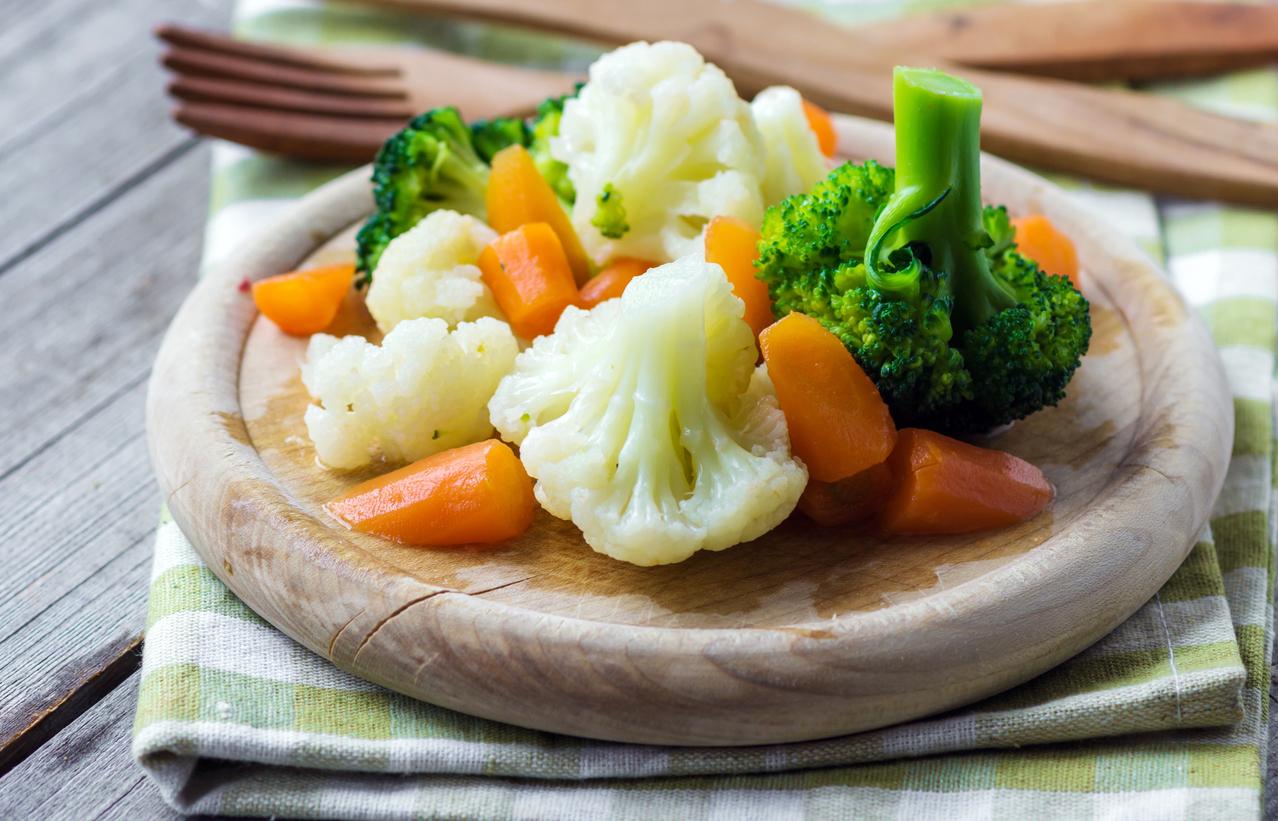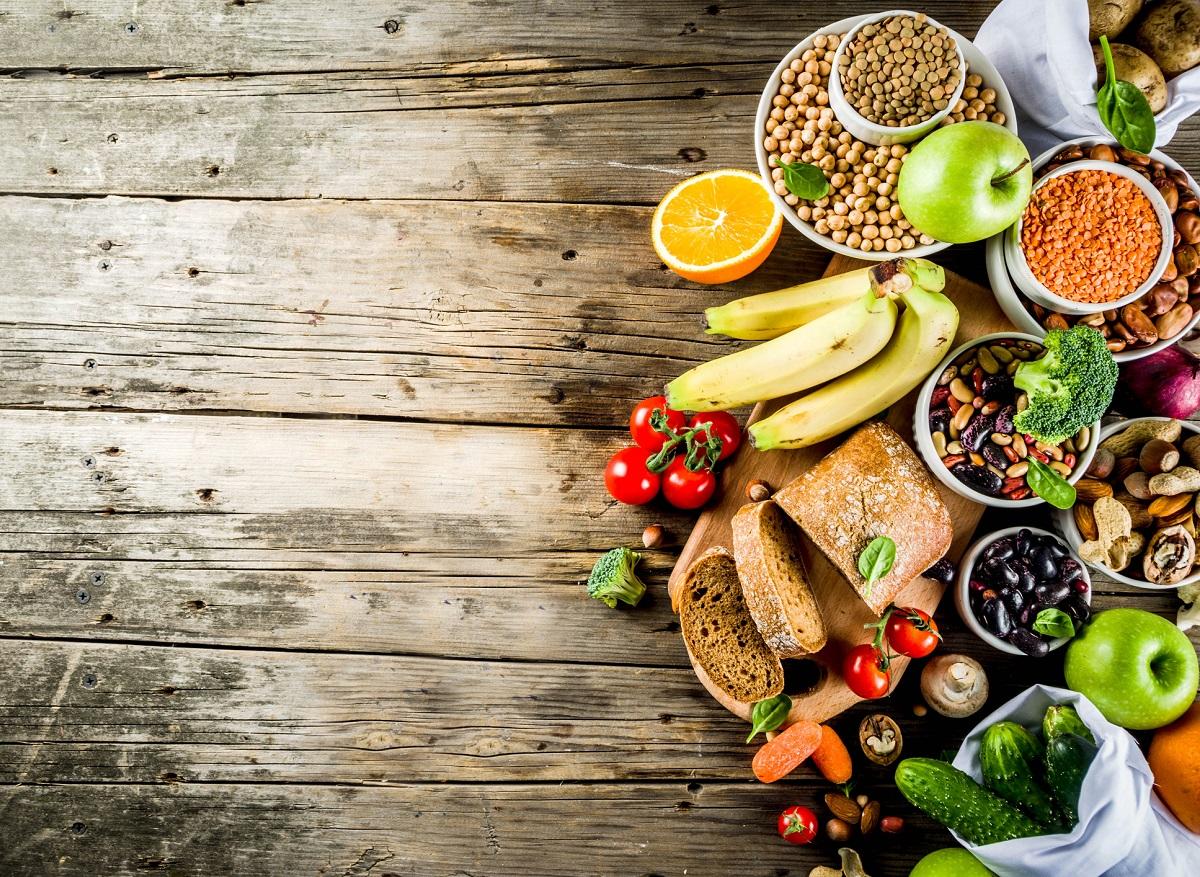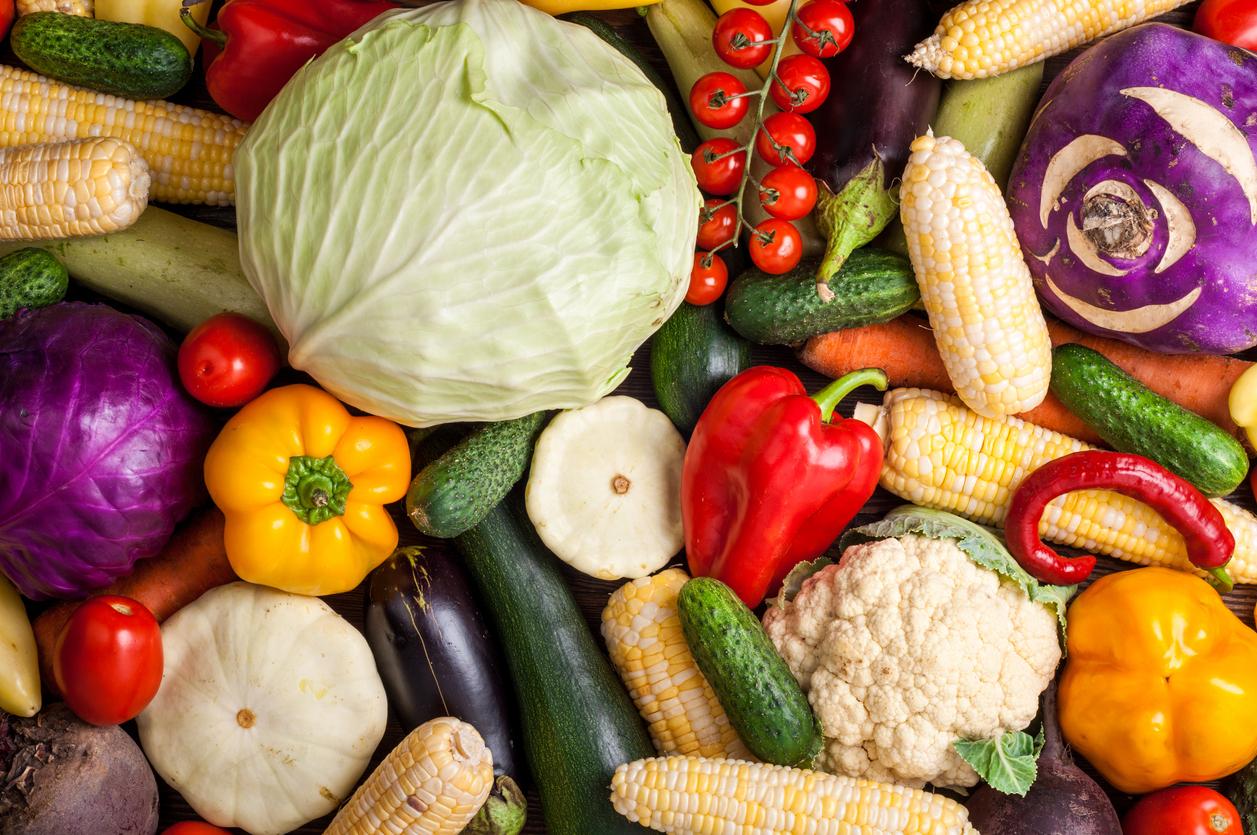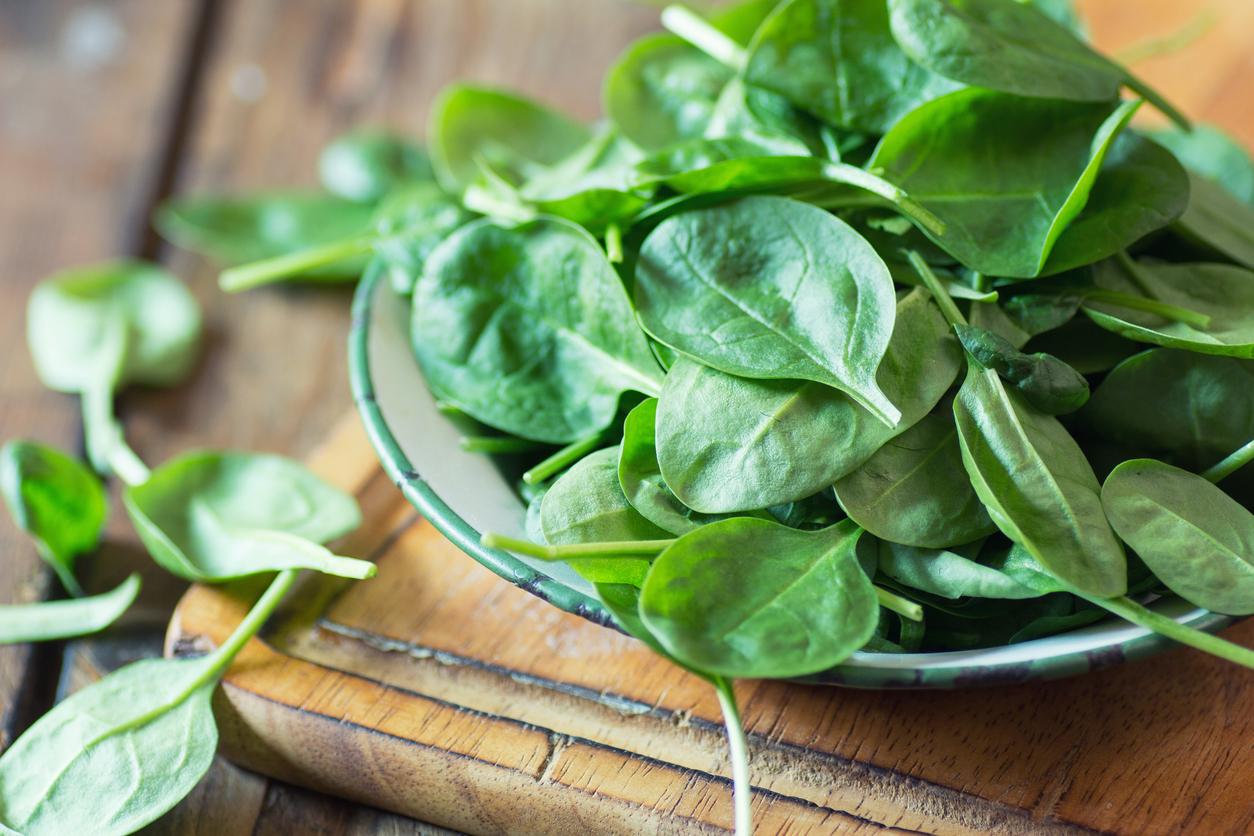
QUEBEC (PasseportSanté.net) August 24, 2005 – Studies reveal that organic fruits and vegetables are particularly rich in polyphenols, natural compounds beneficial to human health.
During FAV Health 20051, a symposium devoted to the health effects of fruits and vegetables, some speakers pointed out that several factors can vary the polyphenol content of plants. One of them is the type of culture. And the organic sector would have a head start in this regard.
Marie Josèphe Amiot-Carlin2, research director at the National Institute of Agronomic Research in Marseille, mentioned two studies, one on apricots and the other on tomatoes3. In both cases, the content of flavonoids – from the large family of polyphenols – was higher in organic products than in those from conventional agriculture.
“So far, 14 studies have compared the polyphenol content of organic fruits and vegetables with that of products from conventional agriculture. Ten gave the advantage to organic products, ”she said in an interview.
According to Ms. Amiot-Carlin, organic plants produce more of these natural compounds because they are under more stress than those from conventional agriculture. These are chemically protected by pesticides. They therefore do not have to produce as many protective molecules against insects or fungi. “Another interesting fact about flavonoids,” said Amiot-Carlin, “is that they are responsible for the taste of food. This may explain why some argue that organic fruits and vegetables have more flavor.
Swedish organic strawberries in the lab
 But can a higher content of polyphenols increase the health effect of a food? Marie Olsson, a Swedish researcher4, asked the question. In an in vitro study, she compared the effects of organic strawberry extracts with those of conventionally grown strawberries on breast and colon cancer cells.
But can a higher content of polyphenols increase the health effect of a food? Marie Olsson, a Swedish researcher4, asked the question. In an in vitro study, she compared the effects of organic strawberry extracts with those of conventionally grown strawberries on breast and colon cancer cells.
First, the analyzes revealed that organic strawberries were significantly richer in vitamin C and ellagic acid, one of the polyphenols in this fruit, than those produced in the conventional way. “In addition, organic fruit extracts more effectively inhibited the proliferation of cancer cells,” said Olsson.
Although preliminary, these data open up new avenues on the specific health effects of organic fruits and vegetables.
Note that other factors can influence the polyphenol content of plants. One of the most important factors is the variety of the species. For example, red onions contain more quercetin, one of these polyphenols, than white onions.
Françoise Ruby – PasseportSanté.net
1. This symposium on the health effects of fruits and vegetables was held from August 17 to 20 in Quebec City and brought together 150 speakers and participants from 30 countries. (See our full report)
2. Marie-Josèphe Amiot-Carlin is a specialist in flavonoids, compounds of the large family of polyphenols.
3. Caris-Veyrat C, Amiot MJ, Tyssandier V, et al. Influence of organic versus conventional agricultural practice on the antioxidant microconstituent content of tomatoes and derived purees; consequences on antioxidant plasma status in humans. J Agric Food Chem. 2004 Oct 20; 52 (21): 6503-9.
4. Marie Olsson is a researcher at the Swedish University of Agricultural Sciences.
















